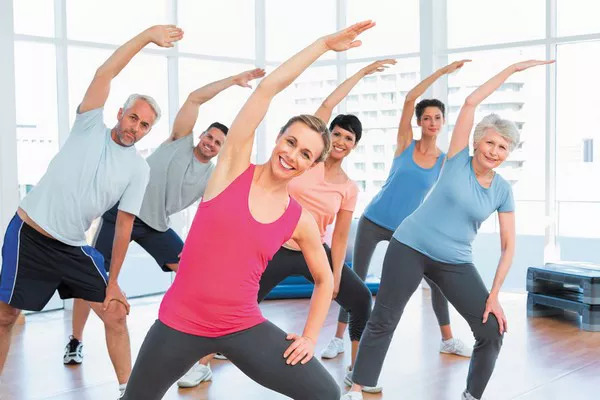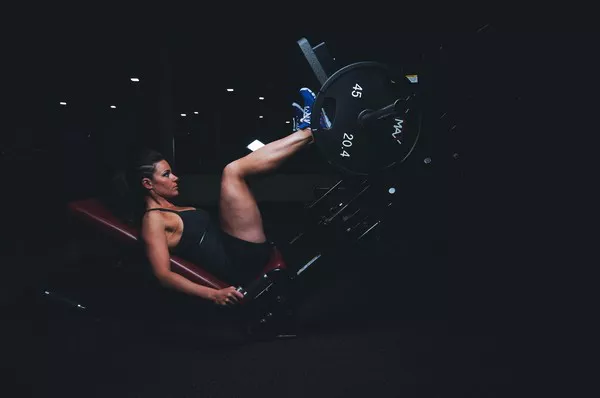In the digital halls of fitness content on platforms like Instagram, TikTok, and Facebook, a new wave of engagement-baiting strategies is reshaping the ideals of masculinity and body image, particularly among teenage boys in Australia. This phenomenon, typified by aggressive language and unrealistic physique expectations, has raised concerns among experts regarding its potential impact on mental health and self-perception.
Danielle Rowland, Head of Prevention at the Butterfly Foundation, warns of the increasing objectification of boys and the proliferation of intense training advice and nutrition misinformation. While discussions on body image pressures have often centered around young girls, the focus on boys’ experiences is less explored.
The evolving landscape of social media has witnessed a transformation from casual interactions to a flood of perfect body content. Anthony Lee, reflecting on the shift from his high school years to recent times, observes a growing obsession with attaining idealized physiques among his peers. This shift is mirrored in the content saturating social media, where influencers peddle workout programs and diet advice, often with hyperbolic promises.
Josh Ward, a facilitator for men’s mental health organization Tomorrow Man, notes a surge in boys’ openness about body image concerns, correlating with increased exposure to fitness influencer content. This exposure, he argues, has become normalized for today’s youth, blurring the lines between healthy aspiration and unrealistic expectations.
The omnipresence of digitally altered images and AI-generated bodies exacerbates the challenge. Associate Professor Ivanka Prichard from Flinders University underscores the detrimental impact of constant exposure to unattainable standards, warning of its potential to destabilize teenage boys’ mental health.
Scott Griffiths, an associate professor at the University of Melbourne, highlights the prevalence of muscle dysmorphia among young males, exacerbated by social media’s emphasis on appearance. Such disorders, he asserts, can stem from the perceived correlation between self-worth and physical appearance perpetuated by social platforms.
While acknowledging the positive aspects of gym culture, concerns arise when workouts transition from a healthy pursuit to an obsession. Joshie Glover, from young men’s mental health charity Man Cave, emphasizes the blurred lines between positive motivation and coercive pressure, often fueled by societal expectations of discipline.
Andrew Tate’s controversial persona serves as a touchstone for discussions on masculinity and discipline. Despite his problematic reputation, Tate is lauded by some for his perceived discipline, reflecting a broader cultural fixation on physical prowess as a marker of masculinity.
Navigating the influencer landscape presents a challenge for parents and educators. While some fitness influencers promote healthy habits, others disseminate harmful content or perpetuate unrealistic ideals. Associate Professor Prichard advises vigilance in scrutinizing content for credibility and encouraging conversations about social media usage.
As concerns mount over the impact of social media fitness culture on teenage boys’ mental health and self-esteem, experts stress the need for nuanced approaches to body image education and support. Recognizing the complexities of adolescent development and the pervasive influence of social media, efforts to foster healthy self-perception must be prioritized.































